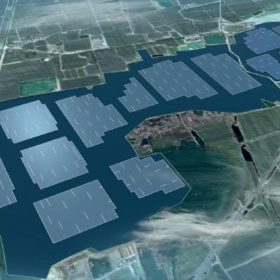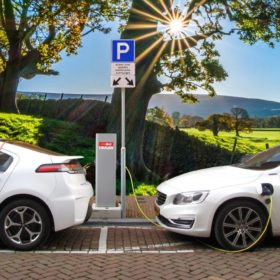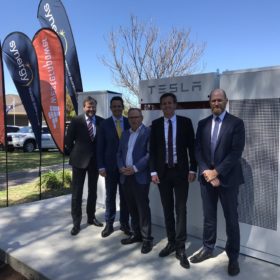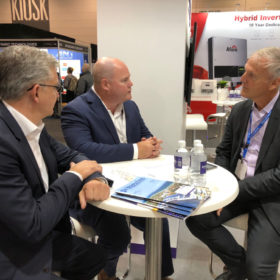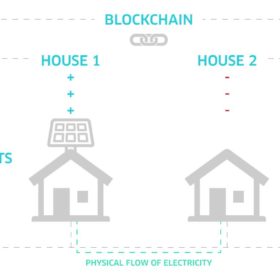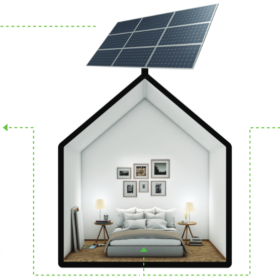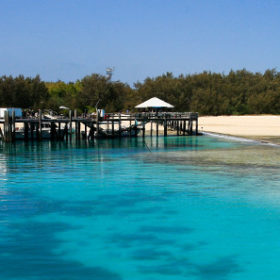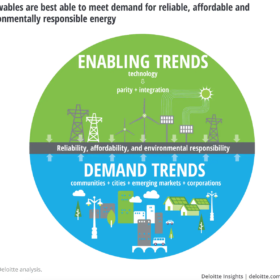Australia has potential for 50 GW of floating PV capacity
The World Bank says global operational floating PV capacity has topped 1.1 GW, noting that adding floating solar to hydropower plants improves their flexibility while increasing energy yields. According to the latest WB report, Australia and Oceania have potential for 5 GW of floating solar on freshwater man-made reservoirs under conservative assumptions, and up to 50 GW under the most favorable scenario.
South Australia launches battery subsidy scheme
The South Australian government has inaugurated its landmark $100 million Home Battery Scheme, which will subsidize the cost of buying a home energy storage system for up to 40,000 South Australian households. A nine-week priority period has been given to locally made battery systems, with Germany’s sonnen as the first provider to enjoy this benefit.
EVs could become key to renewables uptake and world’s largest source of battery storage
For renewables to claim a more sizable share of the global energy mix, the adoption of energy storage would need to pick up pace and the rapidly increasing size of the EV fleet will offer a scalable way to ramp up such access, says Fitch Solutions.
Community Tesla battery trial launched in Mandurah suburb
Australia’s first community battery trial will see a bulk Tesla battery integrated into existing grid and owned and operated by Western Power and Synergy.
Eguana Technologies recruits new executives
Mercedes Benz execs join Eguana Technologies to help drive Calgary-based business’ global expansion plans.
Blockchain: Regulation an impediment to adoption
The World Energy Council, in partnership with PwC, has interviewed 39 top level management energy leaders to find out if blockchain is driving an evolution or a revolution in the energy ecosystem.
WA’s community owned VPP in the making
The Dunsborough Community Energy Project is announced as Australia’s first privately funded virtual power plant.
Emergency power supply vs. full home backup: your questions answered
Solar battery systems should maintain power supply when the grid goes down. Right? Well, it’s not always that simple. A recent pv magazine Australia webinar, hosted in partnership with SMA, was looking into different homeowner needs and ways to install an emergency power or ‘full home backup’ system. Here are the answers to some of the webinar attendee’s questions.
juwi to develop PV hybrid project for University of Queensland
German-headquartered project developer juwi Renewable Energy has inked an agreement with the University of Queensland to deliver a solar+storage hybrid power solution at its research station located in the Great Barrier Reef.
Deloitte: The case for renewables has never been stronger
Renewable energy sources, notably solar and wind, are reaching price and performance parity on and off the grid, shows a new Deloitte Global report, highlighting seven trends that are driving this transformation.
